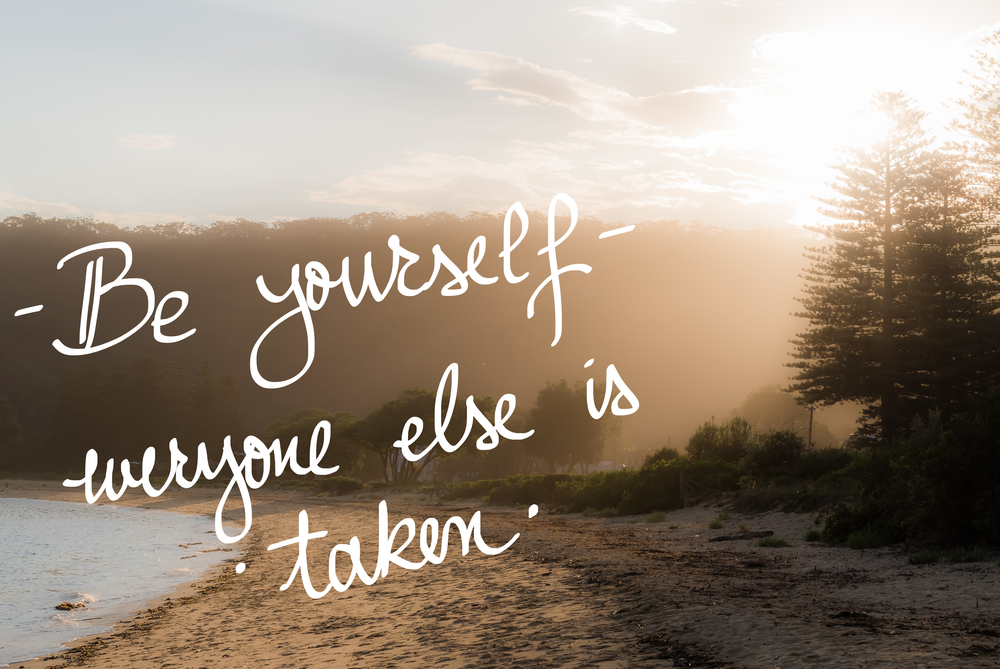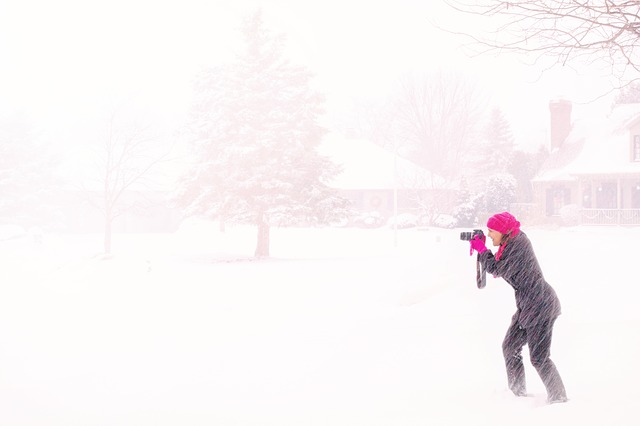There’s one destructive hobby that many photographers share: comparing the quality of their work or income to their peers. Have you ever mentally roughed yourself up because you were convinced you didn’t measure up to another photographer? Ever tell yourself that you’re not talented enough or creative enough to hack it?
You are not alone. In fact, you’re in a popular club with booming membership.
Peer comparison is an enticing trap to fall into because it may appear to be a positive habit at first. After all, learning from those more experienced than you and taking inspiration from great works is an important part of getting better at almost any profession. Comparing yourself to other photographers starts doing more harm than good as soon as it becomes excessive or you use it as an excuse to put yourself down.
At their worst, excessive comparisons will lead to intense frustration and drive you to the point of wanting to give up. Even if the problem never gets out of hand, it will at least take some of the passion and excitement out of photography.
Are you caught in the comparison game? Here are a few thoughts to keep in mind the next time you get the urge to fall into a self-doubt spiral.
Remind Yourself that Success Takes Time
It’s easy to look at a successful photographer and assume that they got where they are overnight. The reality is that, in many cases, someone has more skill only because they have been practicing their trade longer than you have. They may have slaved away countless hours trying and failing to perfect a signature style before they hit on the breakthrough that changed everything.
Accept that you need to build your business from the ground up. Don’t assume that others found a shortcut, and don’t think one is in waiting for you around the bend. Success will come with time, dedication, practice, and a little bit of luck.
Give Yourself Some Credit
If you feel yourself getting too drawn into someone else’s work, in a negative way, it may be time for you to stop and cherish some of your achievements. Look back at your work, not to criticize, but to remember the milestones you’ve passed and the progress you’ve made. This process can be rejuvenating, and it just might inspire you to set some new goals and milestones that keep you looking ahead to the future.
Be proud of what you’ve already accomplished, and think about where you plan to take your career. That’s always a better way to spend a day than getting sucked into the comparison game on social media.
Photography Workshops with Landscape Photographer Jim Steinberg
For aspiring and experienced photographers, nothing is more valuable than spending time with your peers to learn about and improve your craft. If you’re interested in joining fellow photographers for a workshop or guided photography tour with Jim Steinberg, visit our homepage or contact us today!



